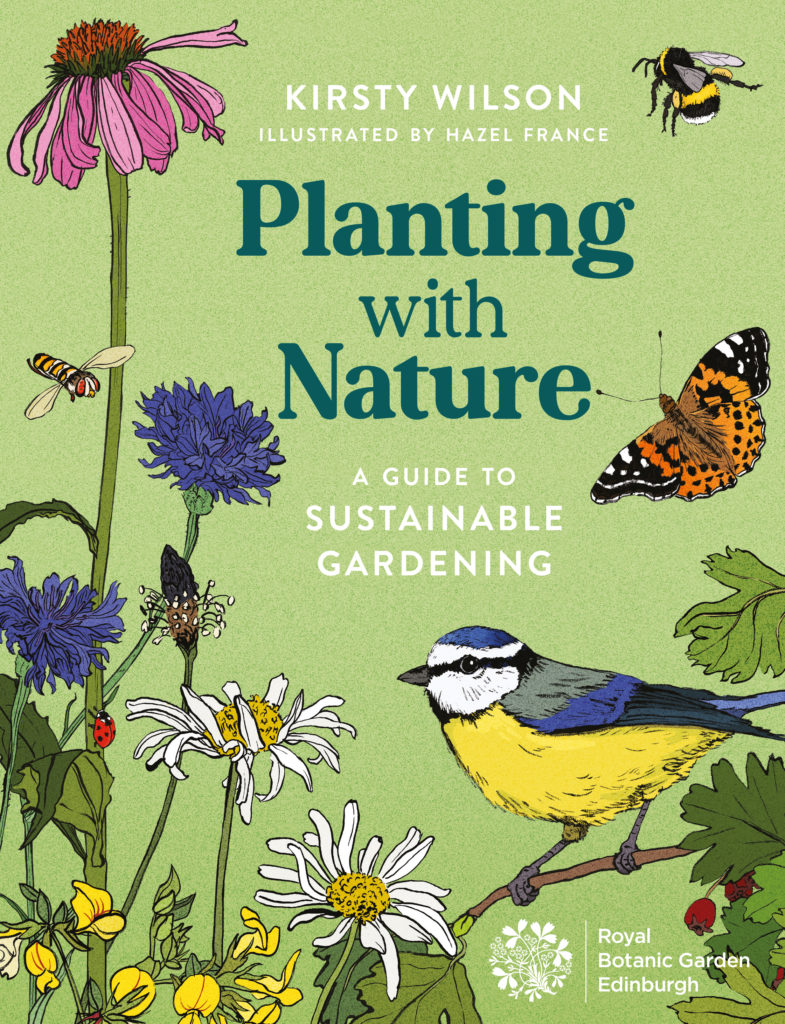
Kirsty Wilson Herbaceous Supervisor at RBGE and BBC Beechgrove TV presenter has written a new book that will be launching on 20th April all about how we can encourage wildlife into our garden.
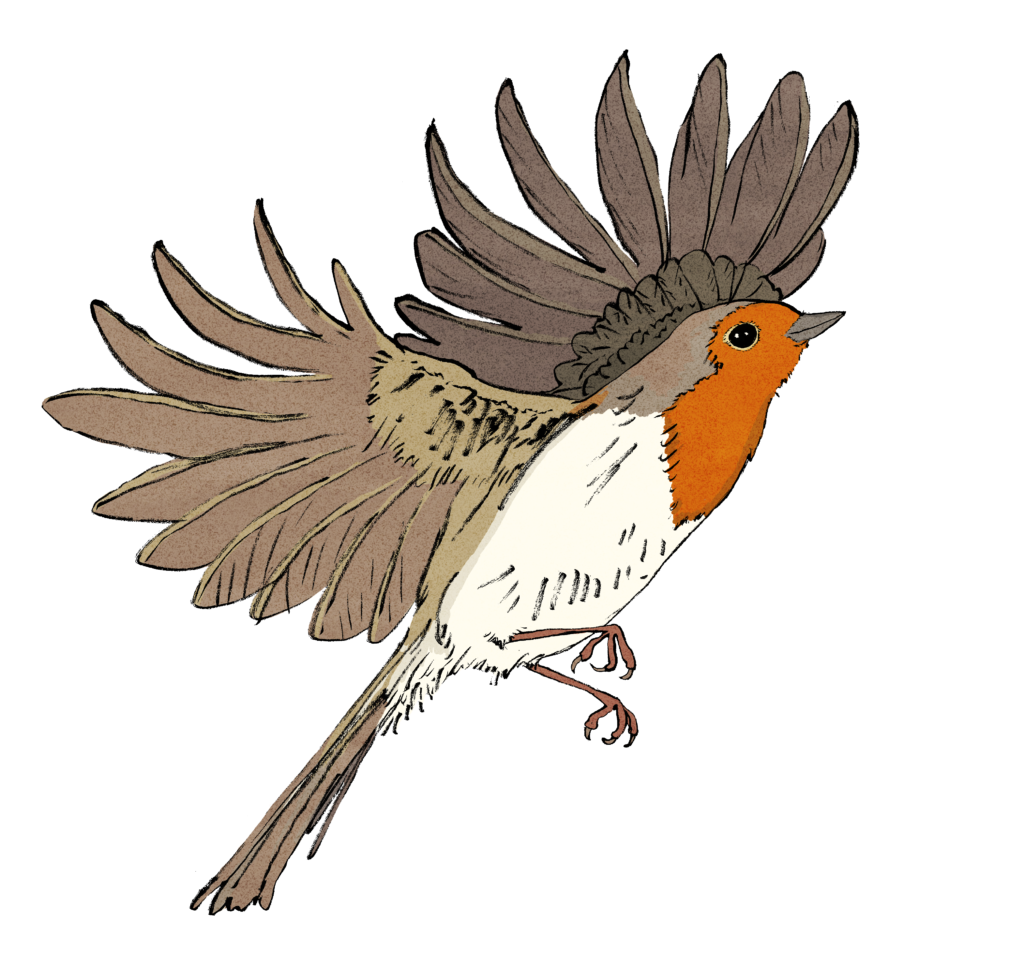
Wildlife gardening is on trend for 2023, as we see the nation’s gardeners ditch peat, create nectar-rich lawns and encourage wildlife into their home patch. By re-imagining how we plan and use our gardens, we can all do our bit to support local wildlife, improve our health and help tackle the climate crisis and biodiversity loss. Kirsty believes positive steps, no matter how small, can really make a difference. There are an estimated 16 million gardens in the UK covering 1.8 million acres. Outdoor spaces and gardens of all sizes, even if only a small balcony, can contain a diverse rich range of plants that can hugely benefit wildlife and the planet.
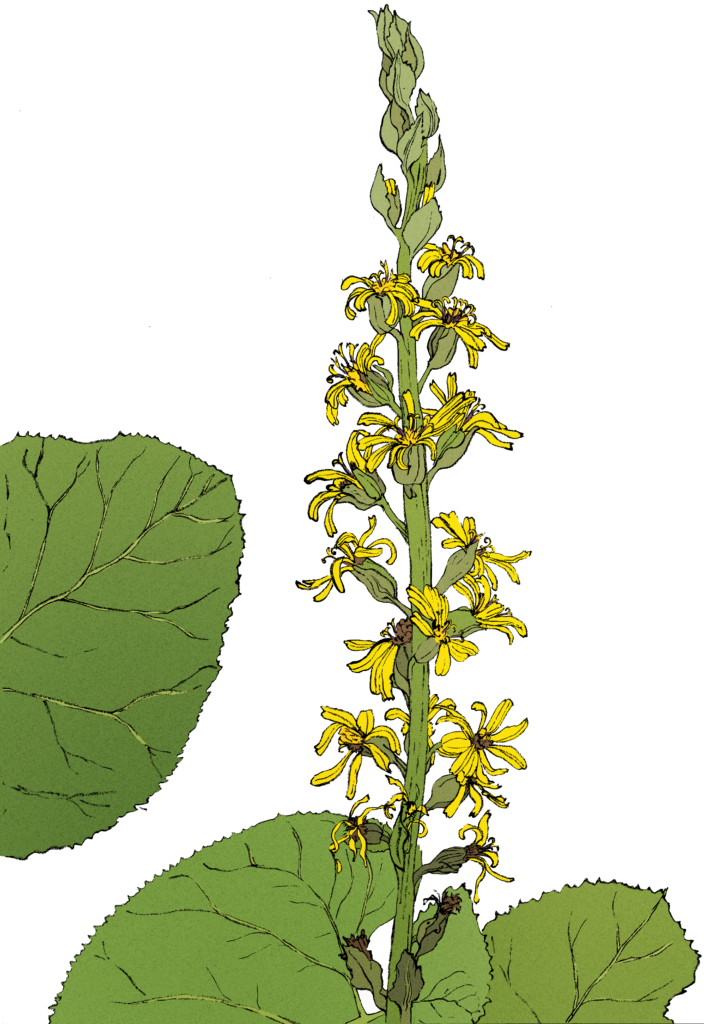
The dopamine hit of seeing a garden full of colour and buzzing with life is something hard to replicate. A You Gov poll commissioned by the RSPB found that 88% of UK adults said spending time outdoors enjoying the natural world was important to them. It also makes an amazing resource for educating children and getting them engaged in the natural world so they can help to protect it. With the climate emergency and increasing urbanisation we are seeing significant biodiversity loss with many species in rapid decline, particularly insects.
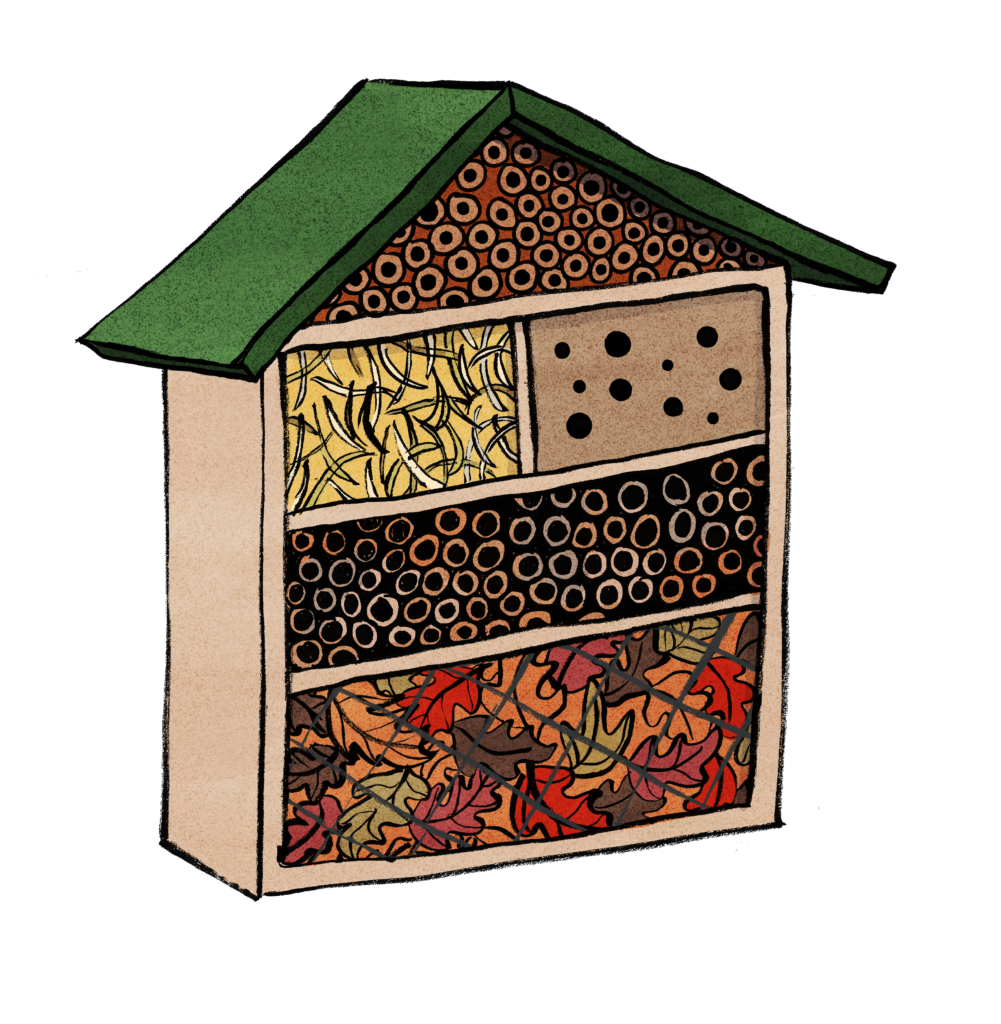
This new book written during the pandemic is a practical, easy-to-use guide for anyone who wants to do their bit to boost nature in their patch and make the world a little greener. Illustrated with specially commissioned drawings by Hazel France (RBGE glasshouse horticulturist), it contains essential information on many topics, from planting nectar-rich borders, native hedgerows, trees and wildflower meadows to creating rain gardens, green roofs and ponds.
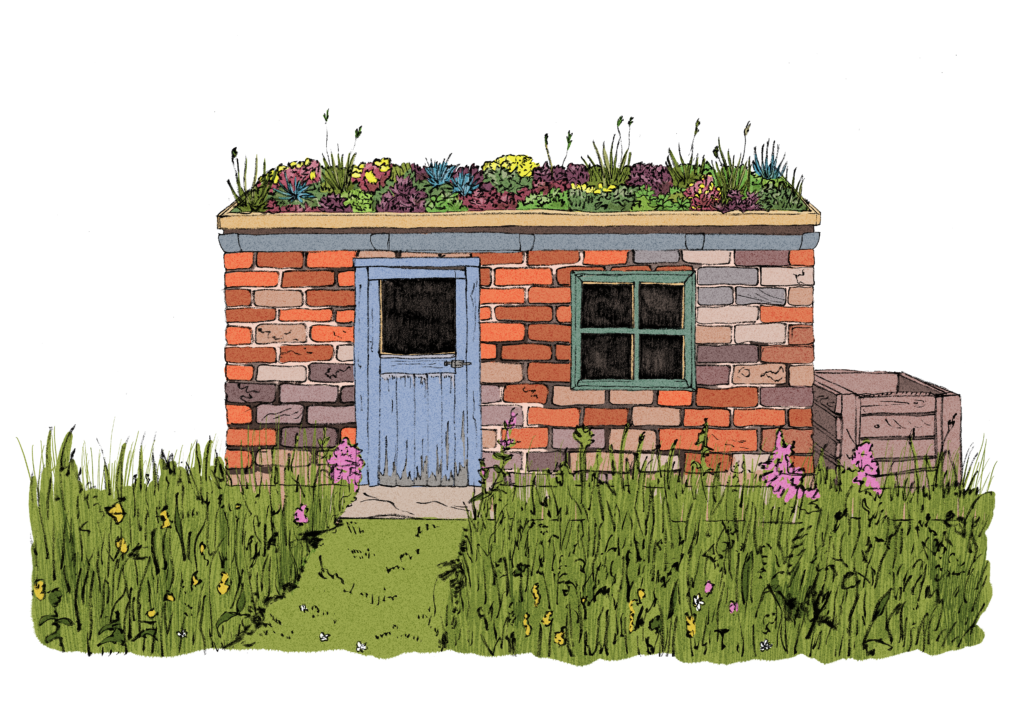
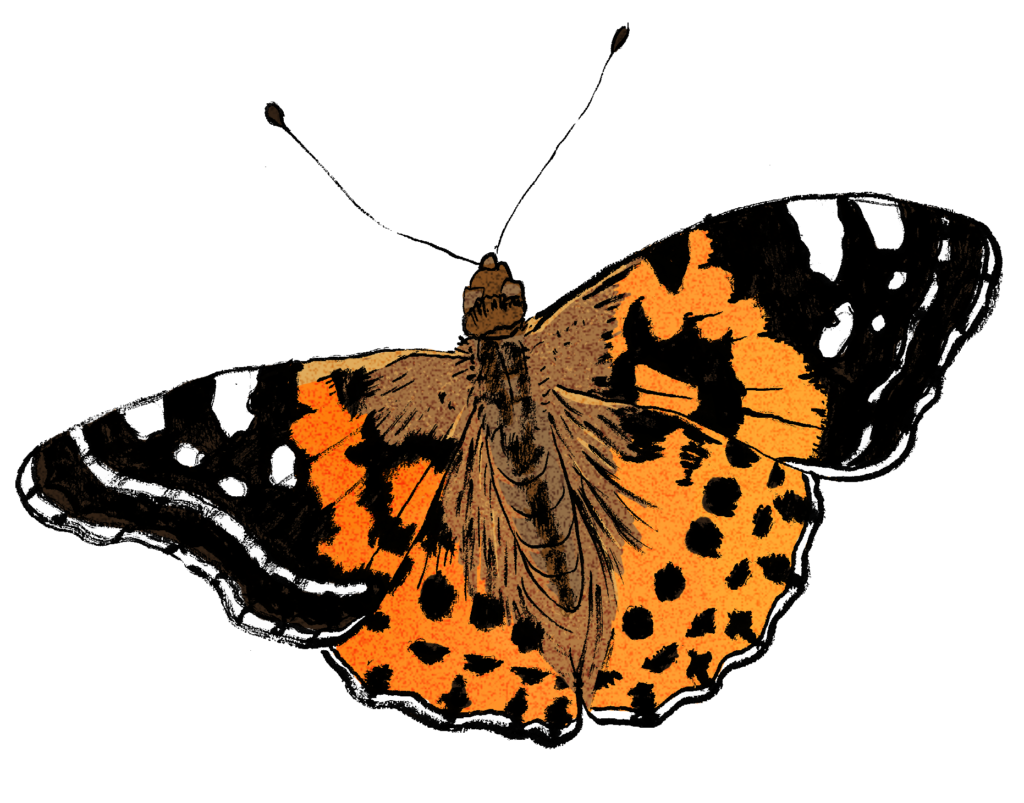
These activities, together with the building of homes and feeders for birds, mammals, amphibians, bees and other insects will encourage many kinds of native wildlife to thrive in your garden, no matter the size. Expert advice is also provided on sustainable gardening approaches to fruit and vegetable production, making compost and the creation of new plants through propagation.
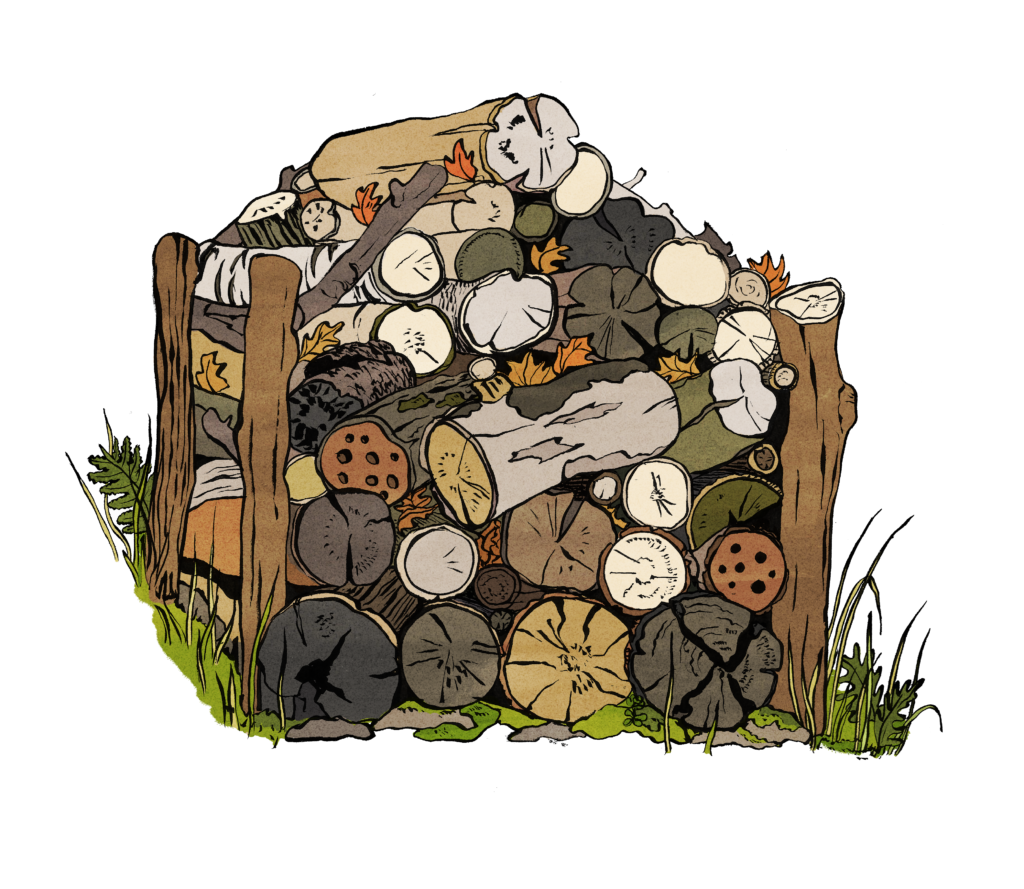
By re-imagining how we plan and use our gardens, we can all do our bit to support local wildlife, improve our health and help tackle the climate crisis. Positive steps, no matter how small, can really make a difference.
To order your copy of the book please click the link https://www.rbge.org.uk/business-centre/botanics-books/planting-with-nature/
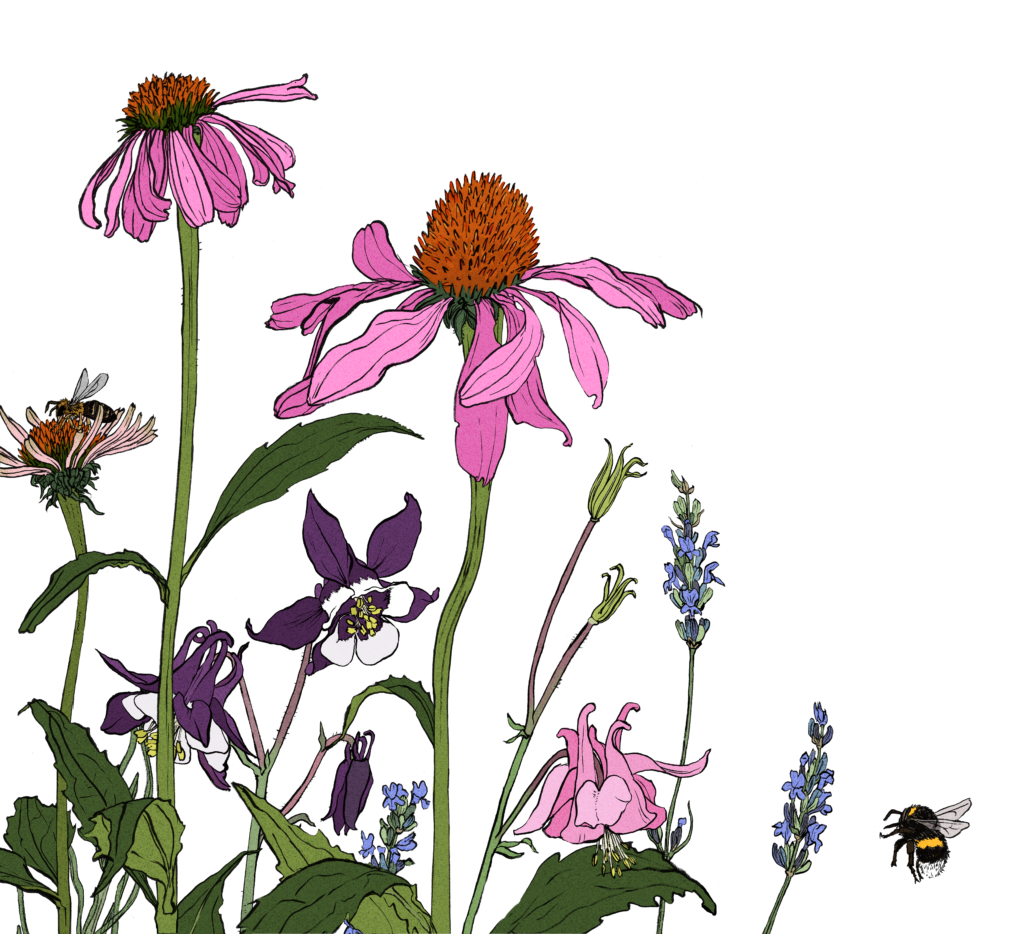

Lindsay Watkinson
I work in a program in Calgary Alberta Canada and have made habitats for good bugs, birds and bees. Within our native plant nursery. We work with a group of 10 adults with disabilities.
Matt Smith
Kirsty,
Your new book sounds absolutely fascinating and timely! I couldn’t agree more that wildlife gardening and sustainable practices are crucial in today’s world. It’s heartening to see how gardens, regardless of their size, can become havens for local wildlife and contribute to addressing climate change and biodiversity loss.
I’m particularly excited about the focus on re-imagining how we plan and use our gardens. It’s inspiring to know that even small balcony spaces can make a positive impact.
My wife and I are always working to transform our own garden into a vibrant and buzzing sanctuary for wildlife.
All the best with you book!
Thanks,
Matt